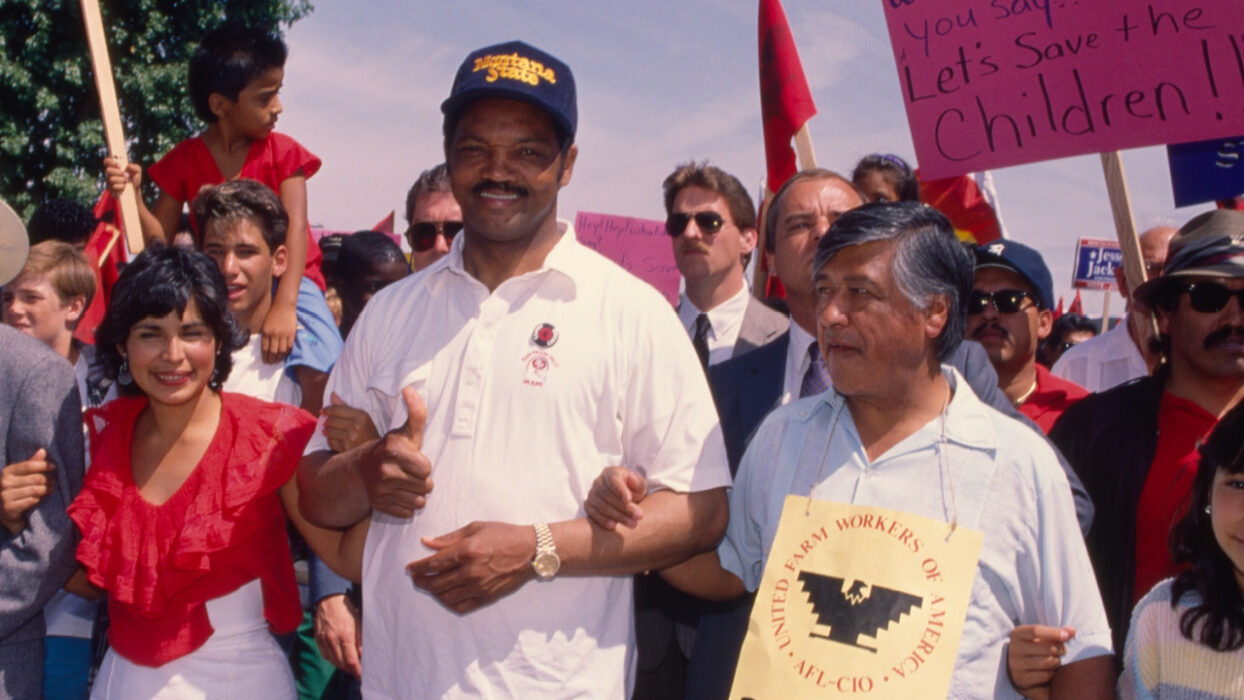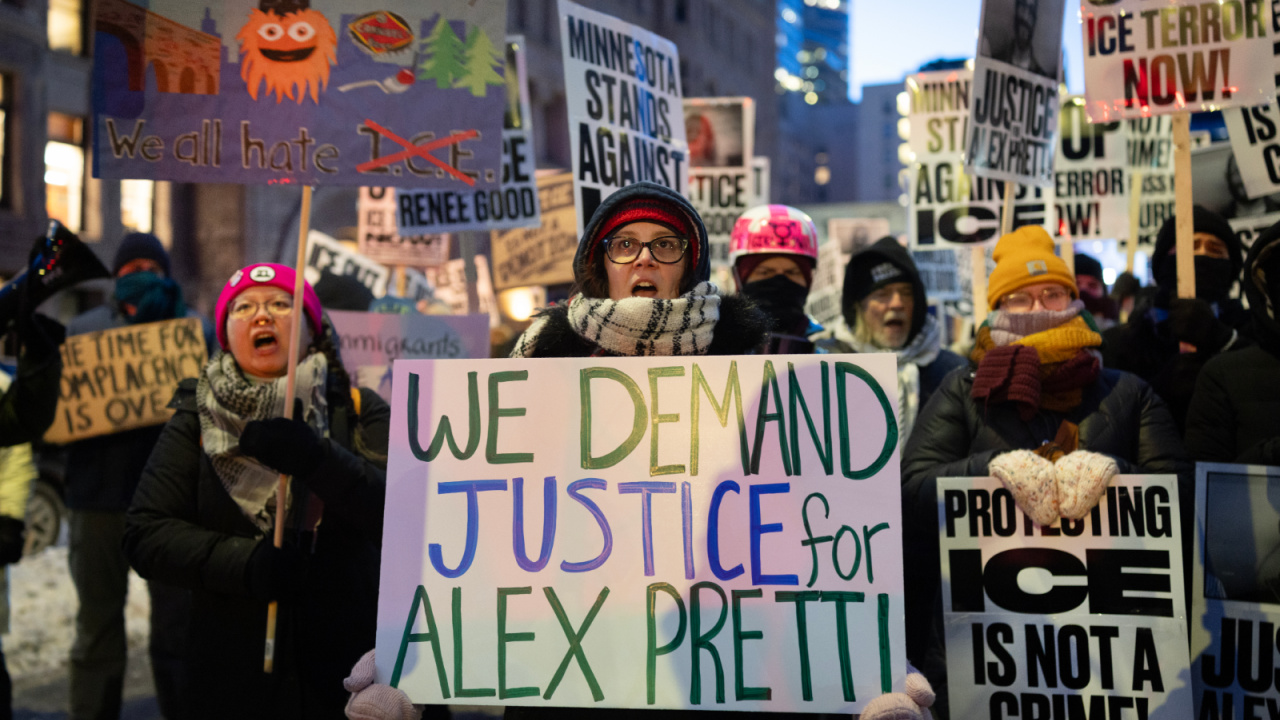
Eva Longoria, Justice For Migrant Women And Latinx Therapy Create A Mental Health Program For Farmworkers
Photo via evalongoria/Instagram
Eva Longoria has been a vocal advocate for the Latino community for many years. Now, she’s putting her efforts behind another worthy cause: mental health resources for farmworkers. As you may know, farmworkers often work under brutal physical conditions, performing backbreaking labor in blistering heat. But the harsh working conditions don’t just affect farmworkers’ bodies — their mental health takes a hit, too.
Eva Longoria partnered with Justice for Migrant Women and Latinx Therapy to create “Healing Voices,” a mental health program for to migrant workers.
On Friday, Eva Longoria took to her Instagram to promote Healing Voices. “It’s time we recognized and truly appreciated the farm worker community, who are often working long hours under harsh conditions,” she wrote. “If you or someone you know is a farm worker in Florida or California, please let them know about Healing Voices – a free mental health resource for the community!”
In the Healing Voices program, farmworkers will gather in “virtual support groups” to talk to Spanish-speaking Latino therapists. The program’s goal is to “heal, build agency, and mobilize workers.” The pilot program launched in Florida and California in June. Depending on the results of the program, Healing Voices hopes to expand its services nationwide.
Organizers launched Healing Voices in response to the farmworkers’ deteriorating mental health during the pandemic.
The objective for Healing Voices, according to their website, is to “support the holistic healing of some of the 2.5 to 3 million US farmworkers who have experienced decades of traumatizing working conditions, economic insecurity and vulnerability, all of which were exacerbated by COVID-19.”
According to farmworkerjustice.org, 83% of farmworkers identify as Latino.
A December poll found that 66% of farmworkers say the pandemic negatively impacted their mental health. Employers expected farmworkers to work through the pandemic, even when they were at a high risk of contracting COVID-19. And to make matters worse, 33% of farmworkers live below the poverty line.
As Justice for Migrant Women President Mónica Ramírez wrote in an article for Time, farmworkers lives were endangered by “a devastating combination of the COVID-19, employer neglect and mental-health challenges.”
And while farmworkers are essential workers, the government wasn’t treating them as such. While the federal government has programs in place to protect workers from being physically hurt, mental health hasn’t yet received the same priority.
Healing Voices’ goal is to move the needle when it comes to government-provided mental health resources for farmworkers. As Ramírez told Mashable, her ultimate goal is to “see the day when mental health is considered an occupational health and safety issue by our federal government.”
It’s about time that we give farmworkers and other essential workers the credit they deserve. After all, if there’s one thing the pandemic taught us, it’s that essential workers are the backbone of our communities.




